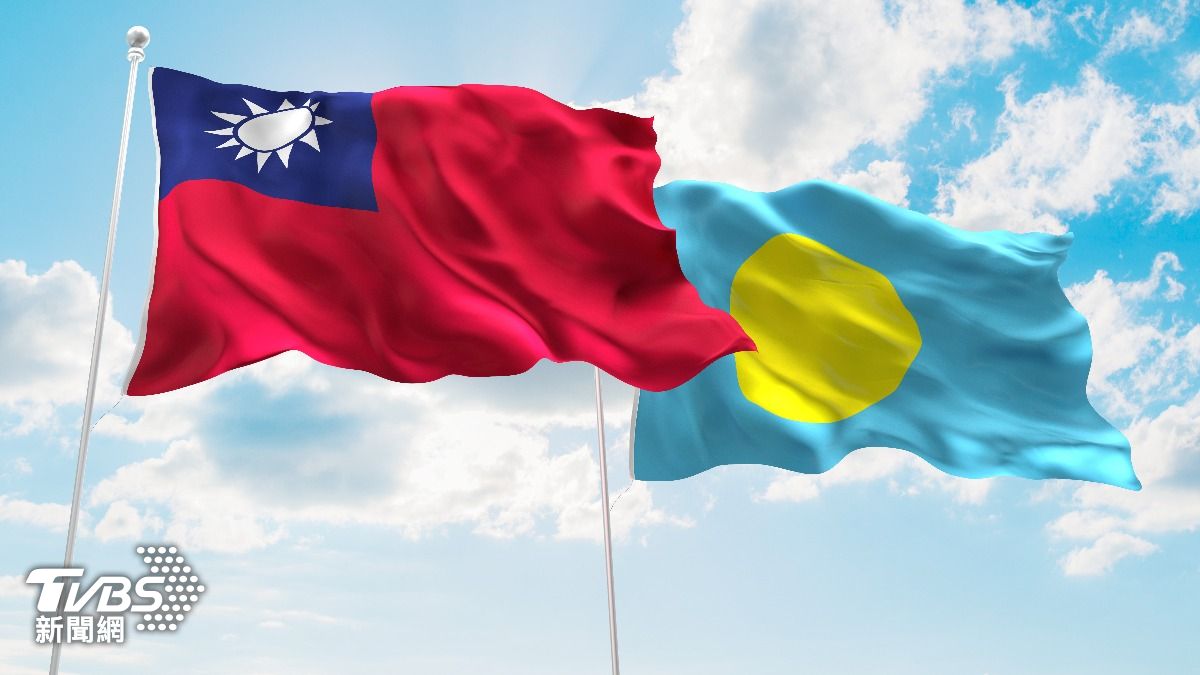TAIPEI (TVBS News) — Palau held its presidential election on Tuesday (Nov. 5). Experts predict that regardless of whether incumbent President Surangel Whipps Jr. or former President Tommy Remengesau wins, Palau is unlikely to shift its security agreements with the U.S. or lean diplomatically toward Beijing.
The Palau Election Commission announced that the official results of the presidential, vice-presidential, and congressional elections will be released after Nov. 12, following the receipt of overseas ballots. Meg Keen, a Pacific Islands Program senior fellow at the Lowy Institute, told Taiwan's Central News Agency (中央社) that while Remengesau is more open to Chinese economic opportunities, he is not a supporter of China.
Meanwhile, Whipps has been openly critical of China, accusing it of repeatedly infringing on Palau's exclusive economic zone and describing Beijing's economic coercion and cyberattacks as a form of "new warfare." During the election campaign, Whipps frequently warned of China's attempts to pressure Palau by reducing tourism to shift its diplomatic stance, Keen shared.
Palau stands as one of Taiwan's 12 diplomatic allies, and one of three in the South Pacific, making its election outcomes significant amid China's efforts to diminish Taiwan's influence in the region. As China and the U.S. vie for influence, Palau remains a key partner in the U.S. security strategy in the Pacific, heightening the stakes of this electoral outcome.











